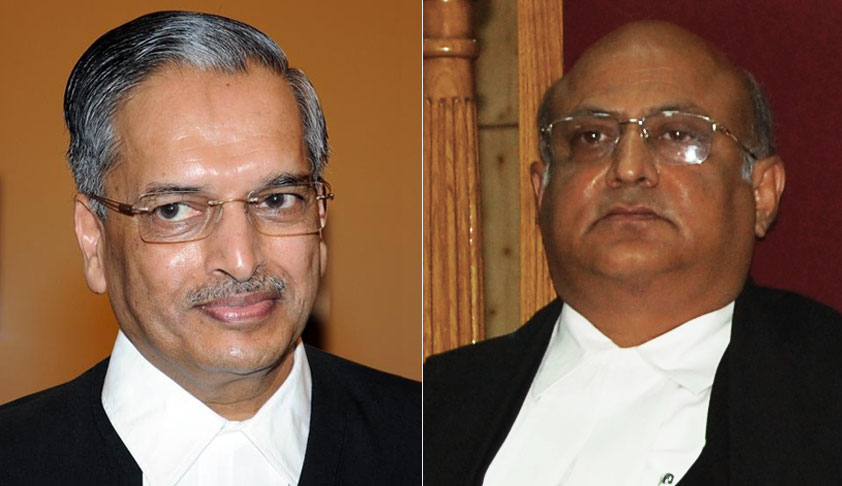Does Service Of Forfeiture Order On Minor Constitute A Valid Service? SC To Consider
Mehal Jain
10 April 2018 3:12 PM IST

Next Story
10 April 2018 3:12 PM IST
A Supreme Court bench of Justice RK Agrawal and Justice AM Sapre shall consider whether service of forfeiture order on a minor constitutes a valid service and whether the power of rectification includes the power of review in context of the Smugglers and Foreign Exchange Manipulators (Forfeiture of Property) Act (SAFEMA) of 1976.The bench shall also determine whether sufficient service for...
